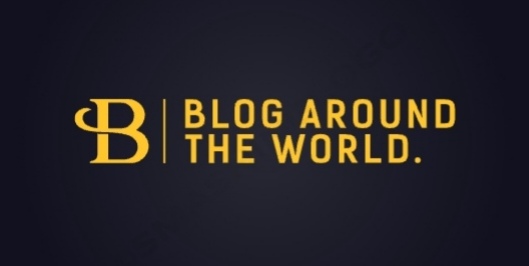The influence of the media on the minds of the masses.
The media is one of the most important factors that influence the formulation and direction of public opinion in society. The power of these media lies in their ability to convey information and shape public interaction, and they play a vital role in shaping and directing public opinion in multiple ways.
1. Information transfer:
The media acts as a bridge between events and the public, conveying information and news quickly and immediately. This greatly influences how people understand and analyze events, and thus forms an essential part of formulating their opinions.
2. Behavior formation:
Perceptions of images and reports in the media can influence an individual's behavior and view of things. For example, television programs and advertisements can play a role in determining consumer trends and choices.
3 . Forming the public agenda:
The media plays a role in determining what is considered important and worthy of attention in society. When highlighting certain issues, the media can influence them by making them public issues and directing public attention to them.
4. Directing public opinion:
Through analysis and commentary, the media can guide and shape public opinions. Opinions and analysis presented in newspapers or television programs can play an important role in guiding public thinking.
5. Impact on values and culture:
The media forms part of popular culture and is able to transmit values and beliefs. This influence is felt through TV shows, movies, and even social media.
6. Controlling the concept of national identity:
The media may play a vital role in building people's understanding of their national identity and directing loyalties and affiliations.
7 . Social justice challenges:
Media can be a driver of social change, but sometimes challenges arise in the representation of minorities and social classes. Distortion or bias in media coverage can significantly influence public opinion and reinforce divisions.
8. Effect of digital manipulation:
In the age of modern technology, digital manipulation and the spread of fake news pose major challenges. Misinformation or misleading information can distort public opinion and influence political and social decisions.
9. Impact on mental health:
The development of modern media and increased access to it can contribute to an increase in mental health problems, such as psychological stress and tension that may result from excessive use of social media or constant exposure to negative news.
10. Privacy challenges:
Increased data collection and sharing raises increasing privacy issues. These issues must be carefully addressed to ensure that individuals' privacy is protected in light of technological advances.
11. Impact on democracy:
The media plays an important role in supporting democracy by providing access to information and empowering citizens. However, challenges such as media manipulation and image distortion can threaten this support and affect the democratic process.
12. Cultural and linguistic diversity:
Sometimes, too much focus on some issues or cultures can lead to others being overlooked, affecting cultural and linguistic diversity. The media must strive for diversity and fair representation to ensure inclusive visions are formed.
13. The effect of entertainment on morals:
Entertainment content in the media can have an impact on values and morals in society. Some programs and games may show unrealistic graphics or can influence behavior.
14. Interaction with social media:
Social media plays a unique role in shaping public opinion, but constant interaction and commentary can cause increased tension and division in society.
15. The effect of advertisements on consumption:
Advertisements play a major role in directing consumers' interests and shaping their attitudes. Targeted marketing can lead to an increase in material consumption and influence purchasing habits.
In conclusion, it clearly appears that the media is not just a means of transmitting information, but rather an essential factor in shaping public opinion. A deep understanding of this impact is required to ensure that the media is used positively and effectively to serve society and promote understanding and development.


No comments:
Post a Comment